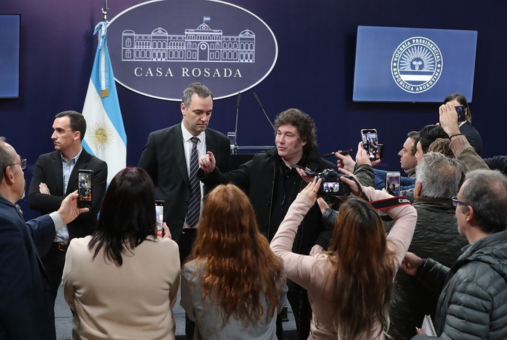
At the end of June, the Argentine Journalism Forum (FOPEA) said that fake screenshots of alleged conversations from its steering committee were disseminated in a “clear defamation campaign from digital operators linked to the government.” The country's president himself, Javier Milei, participated in the attacks. Paula Moreno, president of FOPEA, spoke to LJR about the episode, which takes place amidst tensions between the government and the press.
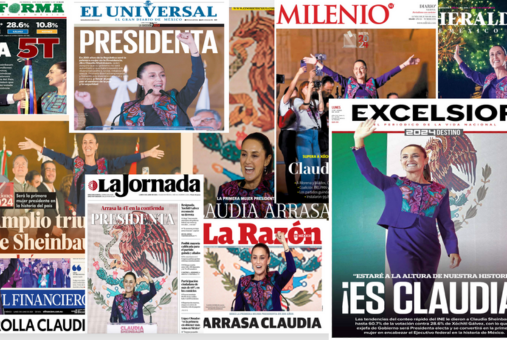
Days before her landslide victory at the polls and election as the next Mexican president, Claudia Sheinbaum made a commitment to Reporters Without Borders to protect journalists in the country. To keep her word, she will need to promote profound reforms in the Mexican justice system.
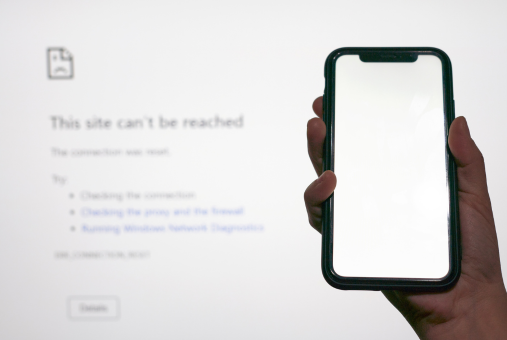
In Venezuela, digital information freedoms are systematically censored and attacked, according to “Algorithms of Silence,” the 2023 Digital Rights Report from IPYS Venezuela. During the past year, 46 informative sites were blocked and 12 media outlets and four journalists suffered from identity impersonation.
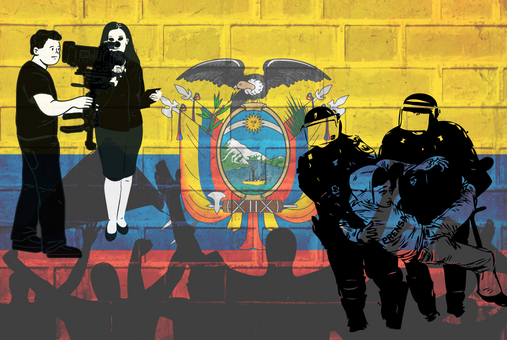
As violence is growing in the country and against the press, in particular, Ecuador has a legally established protection mechanism that does not have resources to be fully functional. The government's recent announcement not to approve resources for this year and the next raised even more alarms about how to improve press security in the country.

In Latin America, women working in the press face gender violence within their workplaces and in the public sphere because of the work they do, according to a recent report from the International Federation of Journalists. They also suffer high levels of job insecurity.
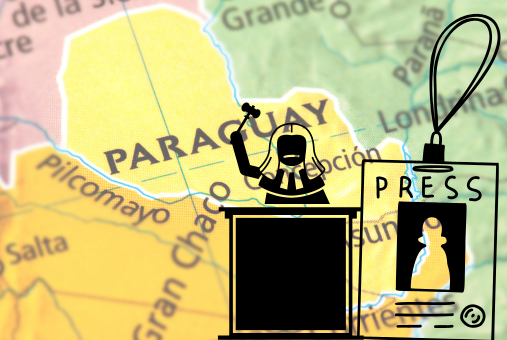
The Inter American Press Association (IAPA), in its mid-year report on the state of press freedom in the Americas, warned about judicial criminalization and the threats suffered by journalists in Paraguay. LJR spoke with journalists in the country who have been intimidated for doing their work.
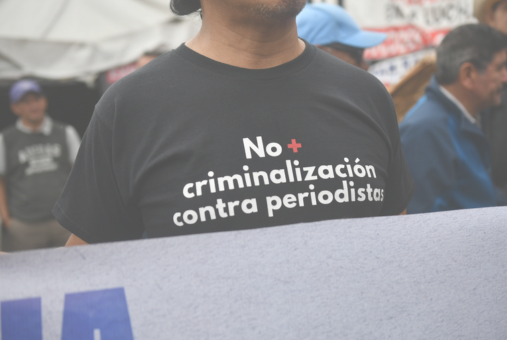
During the first quarter of 2024, the Observatory of Journalists in Guatemala recorded 22 attacks and restrictions on the press. Although there has been a small improvement compared to the same period last year, organizations and journalists remain concerned about the criminalization of the profession in the country.
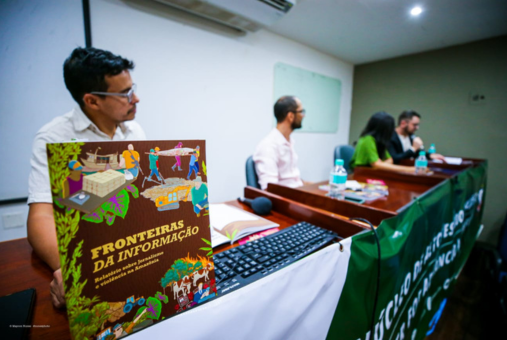
In a report from the Vladimir Herzog Institute, 10 journalists and communicators told how they have suffered threats and attacks for reporting on activities like mining and logging in the Brazilian Amazon. The document also offers safety tips and presents protective resources that journalists can turn to if they are in danger.

As part of its work to fight impunity in crimes against journalists, the Inter American Press Association launched the “Voices claiming justice” campaign. The first case highlighted in it is that of the Colombian journalist Gerardo Bedoya Borrero murdered in 1997 and whose crime remains unpunished.
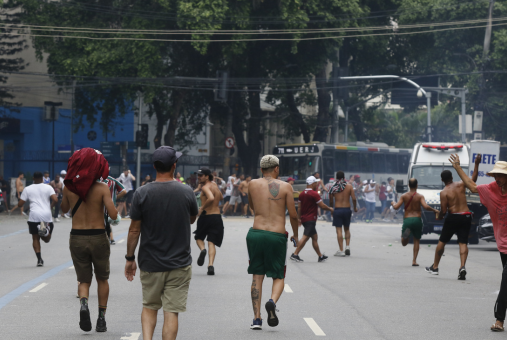
Cases of beatings, attacks and insults from fans against journalists have multiplied in many countries in Latin America. Behind the attacks, there may be new codes of conduct among violent fans and a deep intolerance for difference.